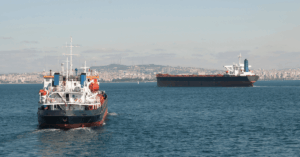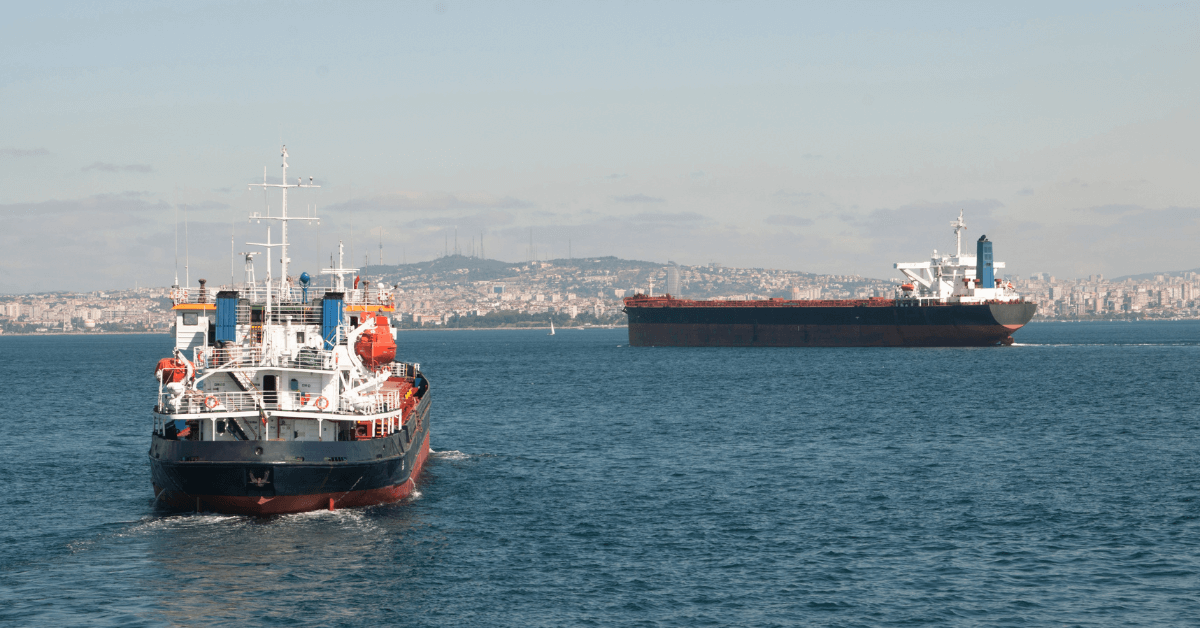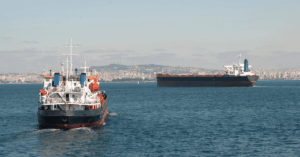
Israel Launches Fresh Strikes On Yemen’s Hodeidah Port, Damaging Naval Vessels
July 22, 2025
Shabab Oman II Wins ‘Best Ship’ At Tall Ships Races 2025 In Scotland
July 23, 2025

Ship crews sailing through the Red Sea are reporting a sharp rise in GPS spoofing and jamming, making it difficult to navigate and even send emergency distress signals. This increase in digital interference is happening alongside the rise in physical attacks on ships by Houthi rebels in the region.
Satellite communication provider Marlink has seen a huge jump in support requests from affected ships. In July 2024, the company would receive one call every two weeks from clients worried about GPS issues. But by mid-July 2025, over 150 vessels contacted Marlink in a single day to report unavailable GPS services.
These spoofing incidents have shown ships travelling at unnatural speeds, appearing to be on land, or circling around sensitive locations that attackers are likely trying to protect. These are clear signs of RF-cyber attacks- where radio frequencies are manipulated to confuse ship systems.
This GPS manipulation does more than disrupt navigation. It can also impact safety systems like GMDSS (Global Maritime Distress and Safety System), which ships rely on to send out emergency alerts. If those signals are jammed or spoofed, a vessel may lose its ability to send a distress call when it’s needed the most.
Marlink is offering dedicated phone support and advice to help affected crews. The company’s Eik teleport and the Maritime Engineering-CTA division is also working on stronger technical solutions. They are developing tools that can help ships identify spoofed signals and improve their overall GNSS (Global Navigation Satellite System) security.
One challenge is that satellite signals weaken significantly by the time they reach Earth from space, which makes them easier to intercept or interfere with. Even low-Earth orbit satellites like Starlink, and systems like Inmarsat-C which carry critical safety services like GMDSS, rely on GPS data for positioning and timing.
Marlink is recommending that ships in high-risk areas compare data from multiple satellite systems. Most modern positioning receivers can switch between GPS, Beidou, Glonass, and Galileo. Checking one system against another can help detect if a signal is false.
Often, when crews suspect an attack, their instinct is to switch off navigation systems. But Marlink warns that if a GPS signal is already spoofed, it’s effectively offline because it will place the ship in a geofenced area where real signals cannot be received.
Another problem is that maritime satellite antennas automatically try to connect to the best available signal in their area. By doing this, they may continue transmitting a false position if they’re locked on to a spoofed signal.
Marlink manages this by continuously monitoring data from various sources. If the company notices a ship moving at impossible speeds or transmitting a location from land, their engineers reduce unnecessary satellite or beam switching and adjust signal sources.
Reference: Marlink
Source: Maritime Shipping News


